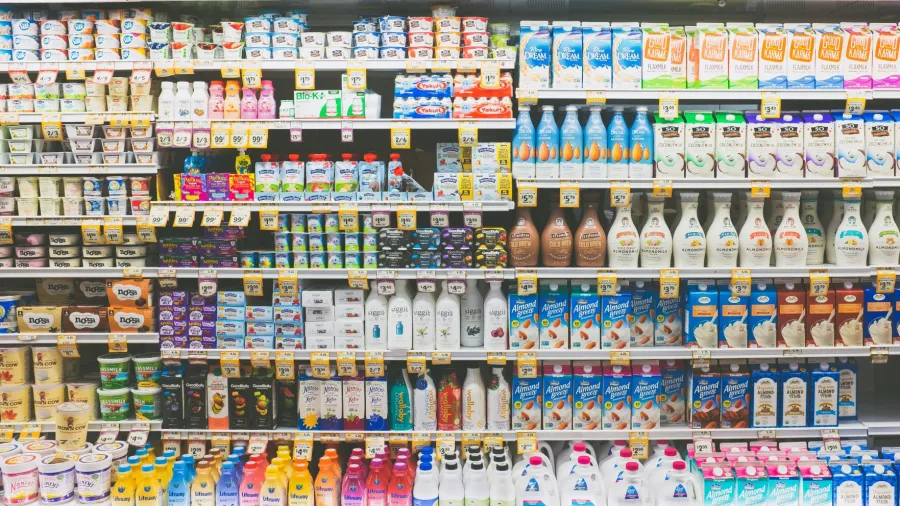
How to strengthen consumer trust in processed food and beverages
Strong communication can guarantee trust among consumers with highly processed food.
More consumers have become more critical of the processing used in the food and drink industry, with clearer awareness of ingredients, nutrition and production methods.
According to a Mintel report, media articles, regulations, and labels with ratings from NOVA and Siga will become more widespread amongst cautious customers as ultra-processed food (UPF) has become scrutinised. More are encouraged to observe and take note of processing levels for food and beverages.
This vital perception stretches on all sides of the F&B industry. Around 79% of Chinese adults aged 50 to 65 agree that eating less processed food is an effective step to improve their health, and 34% of US adults see highly processed food as a huge concern, besides their prices and artificial taste.
Even with the vast moderation, the industry has the potential to address the benefits of food-processing techniques and contents through effective communication.
It can take an understandable language and framework to promote not only UPFs but also to give clarity on their specific nutritional benefits. Products like frozen produce, fresh bakery items, and natural canned soup can share advantages like enhanced nutrition, increased shelf life, and lessened environmental impact, or use them as promotions on their packaging.
ALSO READ: What sustainability trends will define the grocery market in South Korea?
For highly, overly, or ultra-processed products, businesses need more effective front-of-pack labelling for products with high fat, sugar, and salt (HFSS) content, like salty snacks, biscuits, and confectionery, since nutritional disclaimers are not sufficient to deter average consumers.
A steady engagement with consumers will ensure that processed products will be perceived with their health benefits. This is crucial for the more massive health-conscious market, with 47% of Thai, 32% of Canadian, and 33% of Irish consumers finding that products that add to their fruit and vegetable intake are important for their usual grocery shopping. Around 47% of US fruit or vegetable buyers see that processed produce, like fruit cups and canned tomatoes, makes for good alternatives to fresh ones.



















 Advertise
Advertise






